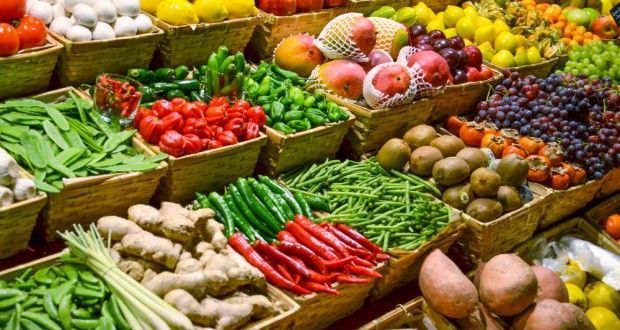
FOOD SUFFICIENCY, PRICE REDUCTION WILL SOON OCCUR IN NIGERIA – NACGRAB
Agency reports
According to the National Centre for Genetic Resources and Biotechnology (NACGRAB), food commodities in Nigeria will soon become more affordable and sufficient.
This stated by Dr. Anthony Okere, the acting director of NACGRAB, at the conclusion of the 2023 Technical Working Group (TWG) meeting on Seed for Resilience (SFR), which was held in Ibadan and organized by NACGRAB in association with the Global Crop Diversity Trust (Crop Trust).
According to him, SFR was established in 2021 with the goal of boosting NACGRAB genebank efficiency and facilitating farmers and other genetic resource users in Nigeria’s use of conserved genepools.
In order to lessen the effects of climate change, increase farmer productivity, and guarantee food and nutrition security in Nigeria, Okere said the project had shown farmers and other users in the country about the diversity of sorghum, cowpea, and other crops.
He declared that the project was a success because, according to feedback from farmers and other users, the high-quality seeds planted this season produced well in multiples when compared to 2022.
“Farmers now feel free to come to NACGRAB genebank to demand more diversity of materials that could help them to get higher production which in turn would lead to food sufficiency and price reduction in Nigeria soon.
“There is availability of quality seeds in NACGRAB genebank that farmers can plant and generate good yield due to success of this project.
”Various farmers can now dwell in more crops instead of one or two crops; this project has made it possible for farmers to plant diversity of quality seeds and generate good yields which in turn will lead to food and nutrition security in Nigeria,” Okere said.
Dr Olabisi Alamu, the Activity Team Leader, User engagement of the project, said that NACGRAB and other stakeholders had been engaging with farmers about the project in the past three years.
Alamu stated that farmers in the states of Oyo, Niger, and Kano had access to a variety of cowpea, sorghum, and other conserved seeds from the genebank.
He said that most farmers now had access to the seeds and were using them to boost yields, improve productivity, and generate income.
” In all the three states, we have 49 cluster groups; the Seed for Resilience (SFR) project has impacted over 1,000 farmers over the past three years.
“Some of them have been adopting it as a result of good quality, traits, early maturity varieties, high yields among others,” Alamu said.
